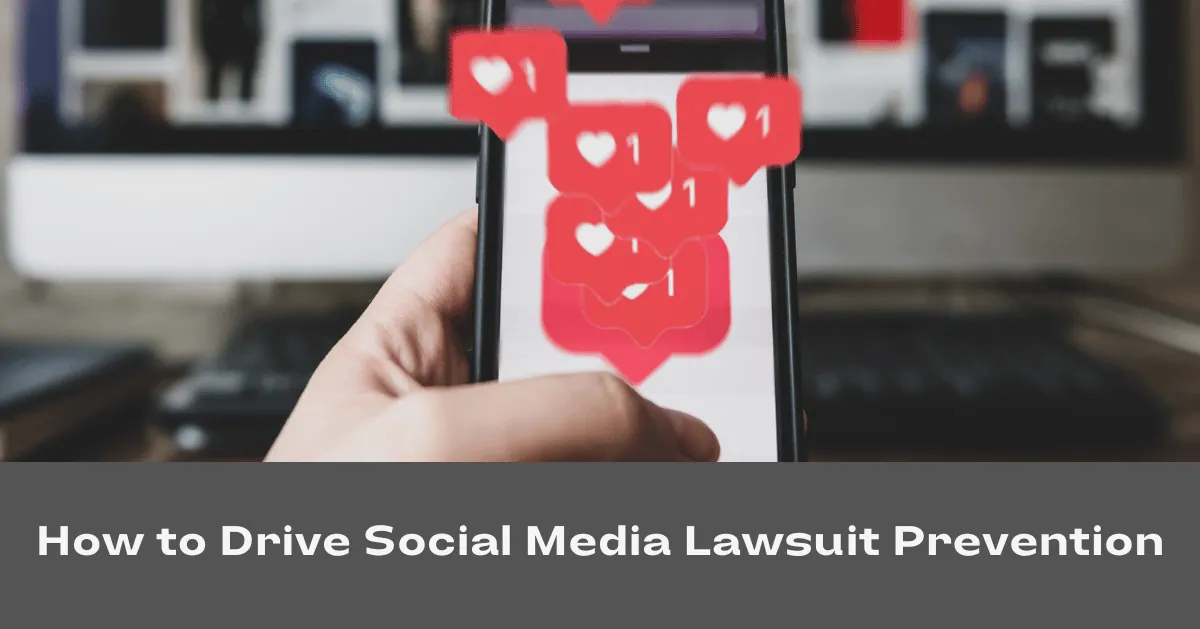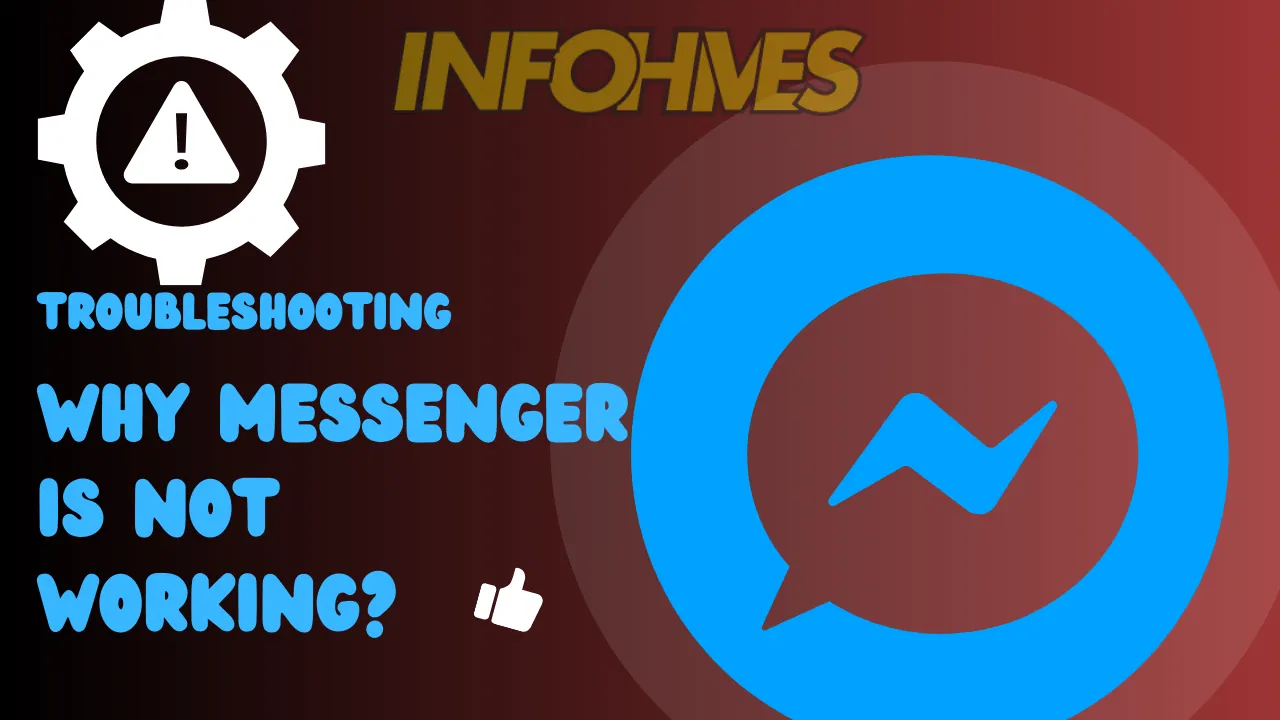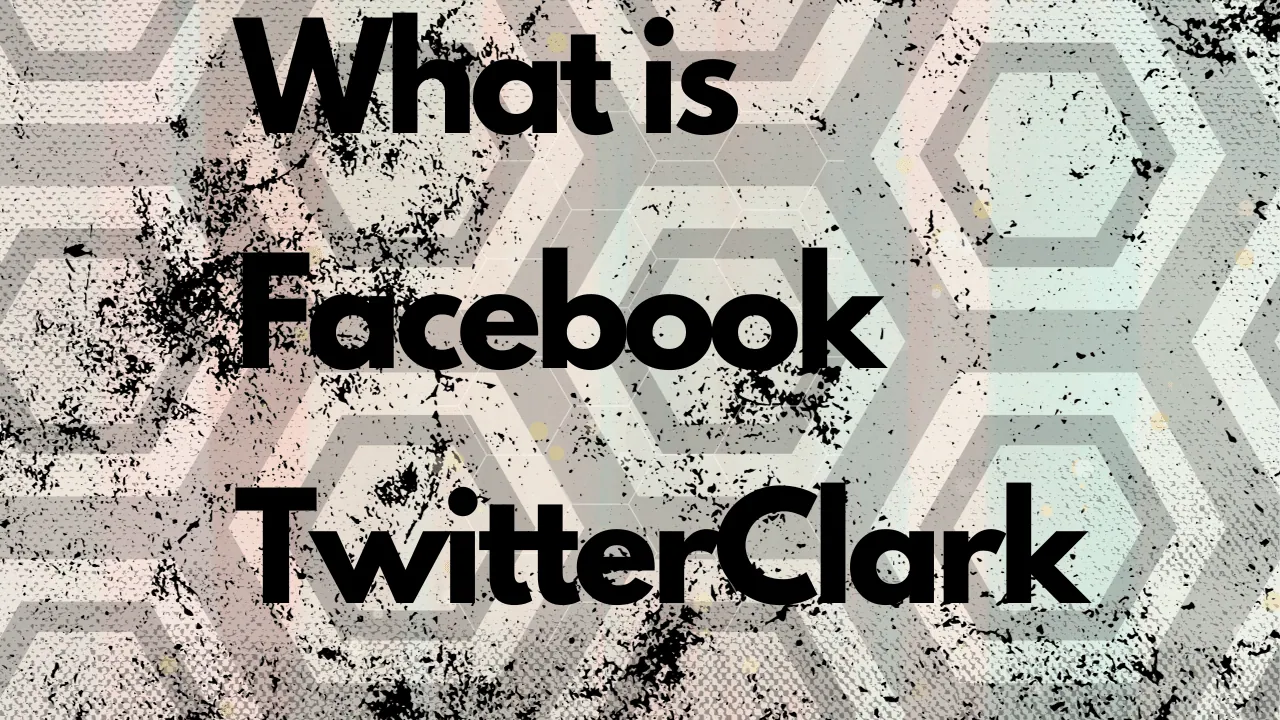Social media is crucial for businesses today. It helps companies connect with customers, promote products, and build their brand. Through platforms like Facebook, Twitter, and Instagram, businesses can reach a large audience quickly and efficiently. Social media also allows for direct interaction with customers, fostering loyalty and trust.
However using social media comes with legal risks. Businesses can face lawsuits for defamation if false statements harm someone’s reputation. Copyright infringement can occur if they use images or content without permission. Privacy violations can happen if personal information is shared without consent. Employees’ posts can also lead to employment issues if they breach company policies.
Common Types of Social Media Lawsuits
These common types of social media lawsuits help businesses take necessary precautions to avoid legal troubles.
- Defamation: This occurs when false statements are made online that harm someone’s reputation. Defamation can be either libel (written statements) or slander (spoken statements). If a business or individual posts something untrue and damaging about someone else, they could be sued for defamation.
- Copyright Infringement: Using someone else’s creative work like photos, videos, music, or text without permission can lead to a copyright infringement lawsuit. Social media makes it easy to share content, but doing so without the right permissions can result in legal action.
- Privacy Violations: Sharing private information without consent can lead to lawsuits. This includes posting personal data, photos, or details about someone’s life without their permission. Businesses must be particularly careful about customer and employee information.
- Employment Issues: Employees’ social media activities can cause legal problems for employers. If an employee makes inappropriate or harmful posts, it can lead to lawsuits related to harassment, discrimination, or wrongful termination. Employers need clear social media policies to address these risks.
- Trademark Infringement: Using a trademarked name, logo, or slogan without authorization can result in a lawsuit. Businesses must ensure they are not infringing on trademarks when promoting their products or services on social media.
- Consumer Protection Violations: Misleading or false advertising on social media can lead to legal action under consumer protection laws. Businesses must be honest and transparent in their social media marketing to avoid these issues.
Creating a Social Media Policy
Creating a social media policy is essential for businesses to manage their online presence and avoid legal issues.
Purpose and Scope
Explain the importance of the policy. Specify who must follow the policy. Define the types of social media covered. Outline the goals of the policy. Clarify the benefits of adhering to the policy.
Clear Guidelines
List acceptable types of content to post. Provide examples of inappropriate content. Explain the proper use of company logos and images. Specify guidelines for sharing proprietary information. Address how to maintain a professional tone and voice.
Legal Considerations
Emphasize the importance of not violating copyright laws. Highlight the need to avoid trademark infringement. Stress the importance of protecting privacy. Ensure all shared information is accurate to prevent defamation. Mention the need for compliance with data protection laws like GDPR.
Positive Engagement and Consequences
Encourage respectful and positive interactions. Suggest ways to handle negative comments constructively. Promote sharing company news and achievements positively. Outline the disciplinary actions for breaking the rules. Clarify the process for dealing with policy violations.
Training and Support
Offer regular training sessions on best practices. Provide resources such as style guides and FAQs. Designate a social media team or contact person for questions. Encourage employees to seek guidance when in doubt. Share examples of successful social media use.
Review and Communication
Schedule regular reviews of the policy for updates. Ensure the policy reflects current laws and technology. Communicate policy changes clearly to all employees. Make the policy easily accessible to everyone. Discuss the policy during onboarding and team meetings.
Employee Training and Awareness
Educate on Legal Risks
Explain defamation: making false statements that harm someone’s reputation. Discuss copyright infringement: using someone else’s content without permission. Highlight the importance of data protection to avoid privacy violations.
Share real-life examples of past legal issues from social media use. Stress the serious consequences of legal violations, like lawsuits and fines. Ensure employees understand the company’s legal responsibilities on social media.
Teach Social Media Best Practices
Show how to create professional and appropriate posts. Provide clear examples of good and bad social media behavior. Emphasize the need for accuracy and honesty in all posts. Teach the importance of respectful and constructive communication. Encourage positive engagement and interaction with followers. Explain how to properly credit sources and avoid plagiarism.
Handling Sensitive Information
Define what counts as sensitive information, like personal data and company secrets. Explain the rules for sharing or not sharing sensitive information. Provide examples of what can happen if confidentiality is breached. Stress the importance of data security and protecting personal information. Offer clear guidelines for handling and storing sensitive data. Teach employees how to report any data breaches or concerns.
Crisis Management
Teach how to respond calmly and professionally to negative comments. Offer strategies for managing and improving the company’s online reputation. Provide steps for addressing and correcting mistakes made online. Stress the importance of a quick and effective response to social media crises. Share examples of successful crisis management from other companies. Prepare employees with a plan for handling potential social media issues.
Regular Training Sessions
Schedule regular training sessions to keep everyone updated. Include social media training as part of the onboarding process for new employees. Offer refresher courses to reinforce policies and best practices. Update training materials regularly to reflect new policies and technologies. Make training sessions mandatory for all employees. Use interactive methods, like workshops and simulations, to enhance learning.
Monitoring and Managing Social Media Activity
Monitoring and managing social media activity is crucial for businesses to maintain their online presence effectively. Using monitoring tools helps track what people are saying about your brand and industry. Set up alerts for specific keywords and phrases to stay informed about relevant conversations. Regularly review analytics to understand how your social media efforts are performing and adjust your strategies accordingly.
Responding to comments and reviews is essential for building positive relationships with your audience. Thank users for positive feedback and address negative comments professionally and promptly. Have a crisis management plan in place to handle any unexpected issues that may arise. Act quickly to address concerns and communicate transparently to maintain trust with your audience.
Enforcing policy compliance ensures that employees understand and follow the company’s social media guidelines. Regularly remind employees of the policy and address any violations promptly. Encourage positive participation by highlighting employee success stories and promoting user-generated content.
Intellectual Property Considerations
Intellectual property (IP) considerations are crucial when using social media for business. Understand copyright laws, which protect original works like photos and videos. Be sure to obtain permission before using someone else’s content to avoid infringement.
Trademark infringement can occur if you use another company’s logo or brand name without permission. Always check if a logo or brand is trademarked before using it in your social media posts.
Protect your intellectual property by trademarking your brand name and logo. This prevents others from using them without permission. Regularly monitor social media for any unauthorized use of your IP and take action if necessary.
Be mindful of licensing agreements when using music or other copyrighted material in your social media content. Always obtain proper licenses or use royalty-free music to avoid legal issues.
Privacy and Data Protection
Privacy and data protection are vital considerations when using social media for business. Ensure compliance with data protection laws, such as the General Data Protection Regulation (GDPR). This means obtaining explicit consent before collecting personal data from individuals.
Implement privacy settings to control who can access your company’s social media profiles and the information shared on them. Regularly review and update these settings to maintain security.
Be transparent about how you collect, use, and store personal data on social media. Provide clear privacy notices and explain how individuals can exercise their rights regarding their data.
Monitor for any data breaches or security incidents on your social media platforms. Have a response plan in place to address breaches promptly and mitigate any damage to affected individuals.
Third-Party Content and Endorsements
When using social media for business, it’s important to be mindful of third-party content and endorsements. Ensuring compliance with copyright laws and maintaining transparency in partnerships are essential for building trust with your audience and avoiding legal issues.
Copyright Compliance
Understand copyright laws and regulations. Obtain proper permissions before using third-party content. Respect the intellectual property rights of content creators. Ensure compliance with fair use guidelines. Seek legal advice if unsure about copyright issues.
Transparency in Endorsements
Require clear disclosure of partnerships and endorsements. Educate influencers and brand partners on disclosure requirements. Use hashtags like #ad or #sponsored to indicate paid content. Avoid deceptive practices that may mislead consumers. Comply with advertising standards and regulations.
Guidelines for Brand Representation
Provide detailed brand guidelines to influencers and partners. Ensure consistency in brand messaging and image. Monitor content to ensure it aligns with brand values. Offer support and feedback to influencers for brand representation. Take corrective action if brand guidelines are violated.
Ethical Advertising Practices
Avoid making false or misleading claims about products or services. Ensure all product claims are backed by evidence. Disclose any material connections between endorsers and the company. Comply with regulations such as the Federal Trade Commission’s guidelines. Stay informed about changes in advertising laws and best practices.
Legal Compliance and Regulations
Maintaining legal compliance and adhering to regulations is paramount when utilizing social media for business purposes. Understanding the legal landscape and staying up-to-date with relevant regulations is essential for mitigating risks and ensuring ethical conduct.
Know the Applicable Laws
Familiarize yourself with relevant laws and regulations governing social media use. Understand how laws such as GDPR, COPPA, and FTC regulations impact your social media activities. Stay informed about changes or updates to these laws to ensure ongoing compliance.
International Considerations
Recognize the global nature of social media and its implications for legal compliance. Understand the differences in laws and regulations across jurisdictions, especially when operating in multiple countries. Take into account cultural norms and sensitivities when crafting social media content and campaigns for diverse audiences.
Data Protection and Privacy
Prioritize the protection of personal data and user privacy following applicable data protection laws. Obtain consent before collecting and using personal information from individuals. Implement robust security measures to safeguard sensitive data and prevent data breaches.
Content and Advertising Standards
Ensure that your social media content complies with advertising standards and regulations. Avoid deceptive or misleading advertising practices that could violate consumer protection laws. Disclose sponsored content, endorsements, and material connections to maintain transparency with your audience.
Monitoring and Enforcement
Establish procedures for monitoring and enforcing legal compliance across your social media channels. Regularly audit your social media activities to identify any potential compliance issues or violations. Take prompt action to address any non-compliance issues and mitigate risks proactively.
Legal Counsel and Training
Seek legal advice or consultation from professionals specializing in social media law and compliance. Provide comprehensive training to employees on legal requirements, regulations, and best practices for social media use. Empower your team to recognize and address legal compliance issues effectively to uphold the integrity of your social media presence.
FAQs
Q. Can I use any image I find online for social media posts?
No, only use images you have the rights to, either by purchase or permission. Using unauthorized images can lead to copyright infringement.
Q. Do I need to disclose if I got a free product for a social media post?
Yes, always disclose free products or payments to be transparent. Failing to disclose could violate advertising regulations.
Q. What if I receive a negative comment on social media?
Respond professionally and promptly, offering solutions or directing them to customer service. Ignoring negative comments can harm your reputation.
Q. How often should I update our social media policy?
Regularly, at least once a year, or as needed for changes in laws or policies. An outdated policy may not adequately address new risks.
Q. Can I share personal data on social media?
No, always prioritize data protection and privacy. Sharing personal data without consent can result in legal consequences.
Q. What if someone uses my company’s intellectual property without permission on social media?
Take immediate action to address it, like sending a cease and desist letter. Protecting your intellectual property is essential for your brand’s integrity.
Q. How can I ensure my social media ads follow regulations?
Know relevant guidelines and disclose sponsored content. Failing to comply with regulations can result in fines or legal action.
Conclusion
Driving social media lawsuit prevention requires a proactive approach and careful attention to legal considerations. By implementing a robust social media policy, businesses can provide clear guidelines for employees and mitigate legal risks. Regular training sessions and ongoing awareness of legal regulations are essential to ensure compliance and foster a culture of responsible social media use within the organization.
Furthermore, monitoring and managing social media activity, including third-party content and endorsements, are critical for maintaining legal compliance. Transparency in partnerships and endorsements, along with adherence to advertising standards, helps build trust with the audience and avoids potential legal issues.






